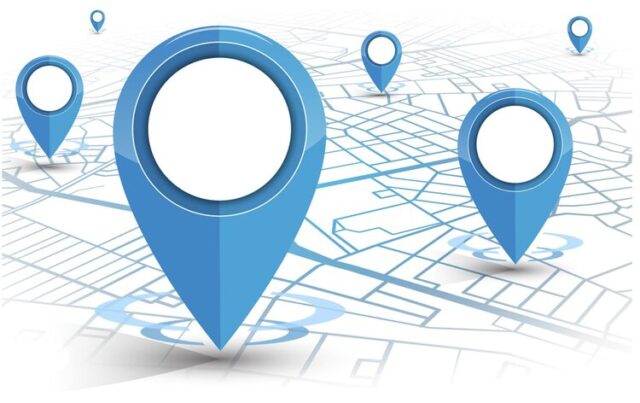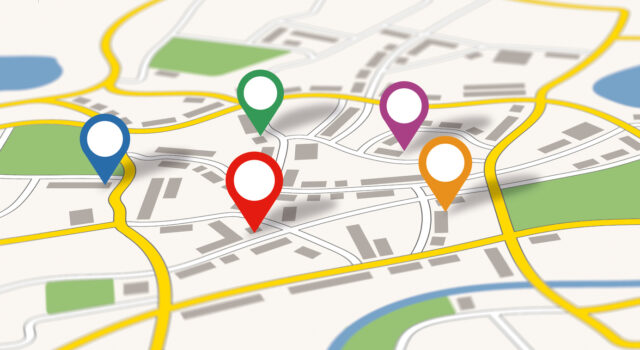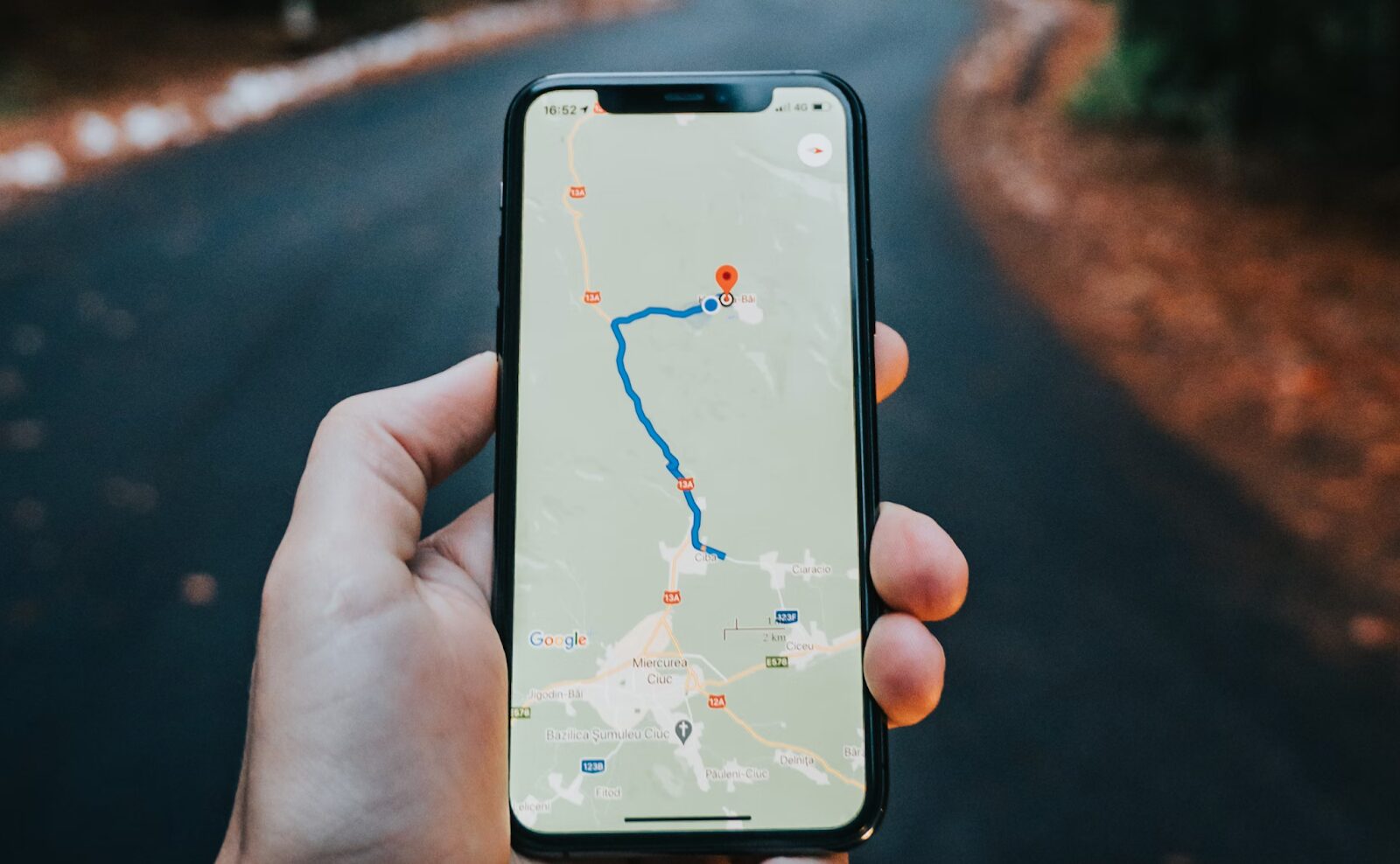Geospatial insights refer to the knowledge and understanding that can be derived from analyzing the geographical data collected from various sources, including satellite imagery, global positioning systems (GPS), geographic information systems (GIS), and remote sensing devices.
These insights can help businesses, governments, and other organizations make informed decisions by providing a contextual understanding of the physical world and spatial relationships between various objects and phenomena.
Geospatial insights can also be used to identify patterns, trends, and anomalies in data, which can be useful for various purposes such as urban planning, environmental monitoring, and disaster response.
The Importance of Geospatial Data in Business

Geospatial data plays a critical role in many aspects of modern business operations. In today’s increasingly connected and globalized world, businesses need accurate and up-to-date location information to stay competitive and make informed decisions. Some of the key benefits of using geospatial data in business include:
- Improved decision-making: Geospatial data can provide businesses with valuable insights that can help them make better decisions. For example, by analyzing the geographic distribution of customers, a retailer can determine the best locations for new stores or distribution centers. Similarly, geospatial data can help a company optimize its supply chain by identifying the most efficient routes for transporting goods.
- Enhanced customer experience: By incorporating geospatial data into their operations, businesses can improve the experience they provide to their customers. For instance, a delivery company can use geocoding to accurately estimate delivery times and provide real-time tracking information to customers. In addition, businesses can use geospatial data to personalize marketing campaigns and offers based on the location of their customers.
- Risk mitigation: Geospatial data can help businesses identify and mitigate potential risks. For example, a company can use geospatial data to assess the potential impact of natural disasters or political instability on its operations and take appropriate measures to minimize disruption. Similarly, businesses can use geospatial data to identify and address potential security threats, such as theft or vandalism.
- Increased operational efficiency: By leveraging geospatial data, businesses can optimize their operations and reduce costs. For example, a logistics company can use geocoding to streamline its routing and dispatching process, resulting in faster delivery times and lower fuel costs. Additionally, geospatial data can help a business identify areas of inefficiency and implement targeted improvements.
How Geocoding APIs Enhance Geospatial Insights

Geocoding APIs play a crucial role in helping businesses unlock the full potential of geospatial data. By integrating geocoding APIs into their applications, businesses can access a wealth of location-based information and insights that can help them make better decisions and optimize their operations. Some of the key benefits of using geocoding APIs include:
- Data accuracy: Geocoding APIs, like https://distancematrix.ai/geocoding-api, ensure that businesses have access to accurate and up-to-date location information. This is critical for making informed decisions and avoiding costly mistakes that can result from using outdated or incorrect data.
- Scalability: As businesses grow and their location data needs increase, geocoding APIs can easily scale to accommodate this growth. This means that businesses can continue to rely on these APIs for accurate geospatial insights, regardless of the size or complexity of their operations.
- Integration: Geocoding APIs provide a simple and straightforward way for developers to incorporate geocoding functionality into their applications. This can help streamline workflows and improve the overall efficiency of the organization.
- Customization: Many geocoding APIs offer a high degree of customization, allowing businesses to tailor the API to their specific needs. This can help businesses access the most relevant and useful geospatial insights for their operations.
- Real-time insights: Geocoding APIs can provide businesses with real-time location information, which can be critical for making time-sensitive decisions and responding quickly to changing conditions.
Tips for Selecting the Right Geocoding API for Your Business

Choosing the right geocoding API for your business is essential to ensure that you can access accurate and relevant geospatial insights. Here are some tips to help you select the best geocoding API for your needs:
- Accuracy: The accuracy of the geocoding API should be a top priority when selecting a provider. Look for APIs that offer high levels of accuracy and regularly update their location data to ensure that you have access to the most up-to-date information.
- Coverage: Consider the geographic coverage of the geocoding API, ensuring that it includes the regions and countries most relevant to your business operations. Some APIs may have better coverage in certain areas, so it’s essential to choose a provider that can meet your specific needs.
- Ease of integration: Look for geocoding APIs that are easy to integrate into your existing systems and applications. This can help streamline workflows and ensure that you can quickly begin leveraging geospatial insights in your business.
- Customization: Choose a geocoding API that offers a high degree of customization, allowing you to tailor the API to your specific needs. This can help you access the most relevant and useful geospatial insights for your business.
- Pricing: Consider the pricing structure of the geocoding API, ensuring that it aligns with your budget and offers a good value for the features and capabilities provided. Some APIs may offer tiered pricing plans or pay-as-you-go options, which can provide flexibility and help you control costs.
Conclusion

By carefully considering these factors and evaluating the available options, you can select the best geocoding API for your business and start leveraging the power of geospatial insights to make better decisions, optimize your operations, and stay ahead of the competition.







